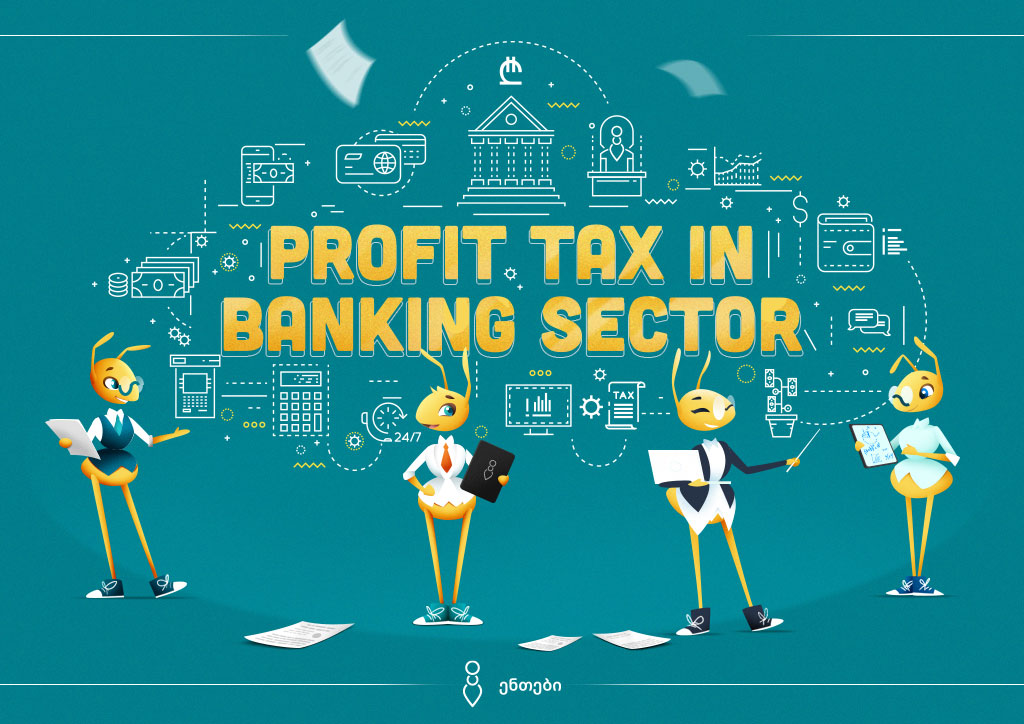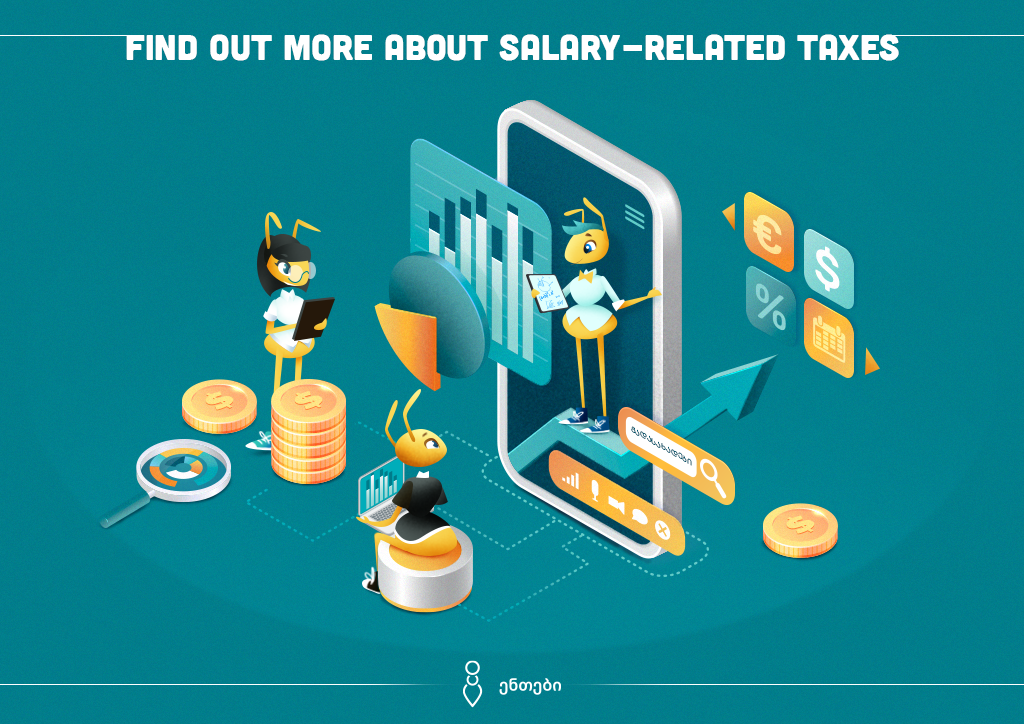Accounting policies represent such rules and procedures that companies use for their accounting and financial reporting purposes.
Why do companies need accounting policies?
Those who are not familiar with the concept may not be aware of the need to implement accounting policies. They may think that those approaches and procedures, in accordance with which companies should keep their accounting records are publicly known, available and therefore companies don’t need to have their own separate policies, since they can use the existing ones. The fact is that the accounting standards which exist and are publicly available are not uniform and present companies with a choice between multiple approaches. It is mandatory that companies make their own decision and pick policies that suit their companies the most and capture the essence of transactions.
For example, one of the basic accounting policy choices relates to fixed assets (property, plant and equipment). In particular, companies can choose between the fair value model and the historical cost model of accounting. Both approaches are allowed by International Financial Reporting Standards (“IFRS”). Let’s discuss a specific example:
A company paid 2 million GEL to acquire a building. The useful life of the property was estimated to be 50 years (i.e. the company would use the building for 50 years). Exactly 1 year has passed since the transaction. The question is – what should be the net book value of the building in the company’s accounting records? The answer is – it depends. If the company has elected historical cost model, then the building’s net book value in 1 year from the date of property acquisition will be 1,960,000 (one million nine hundred and sixty thousand) GEL, which can be calculated by deducting the annual depreciation from the initial value (2,000,000 – 2,000,000/50). However, if the company has elected fair value model of accounting, then it needs to determine the fair value of building in 1 year from its acquisition. If the building’s value has increased to say 2.5 (two and a half) million GEL, then the company needs to revalue the building to 2.5 million GEL in the accounting records.
As evident from the above example, accounting policies’ choice has important implications on companies’ accounting records and financial statements.
How are accounting policies implemented?
A company which wants to select and implement accounting policies should hire a qualified expert, who has experience in the field. The expert can be either an individual or a company which studies the company’s existing accounts and presents a choice between various accounting policies to the company’s management. Based on the analysis, management chooses between various accounting policies, after which, based on the decisions made, the expert prescribes the accounting policies in a document, which the company must adhere to in its accounting and financial bookkeeping process. If you decide to implement accounting policies in your company, “Ants” will provide you with all relevant services.
Theoretically, companies can change their selected accounting policies and transfer to alternative methods, however, such amendments need to be substantiated and if decided, the changes must be applied retrospectively, as if the amended accounting policies have always been applied. As a result, prior period accounts should be amended as well.
 eng
eng






